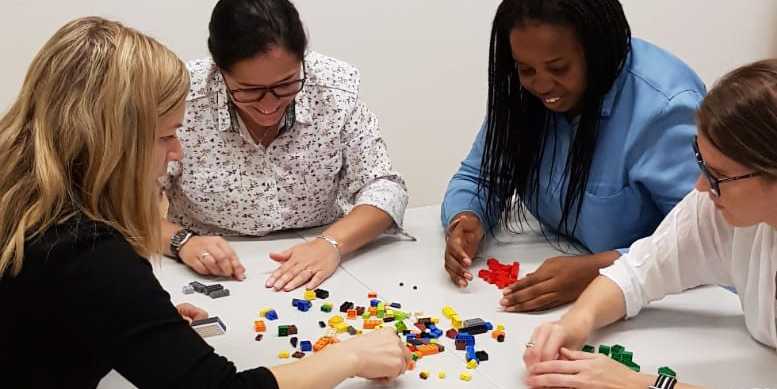The Role of Mediation Support Structures
Mediation is effective, under certain conditions. Yet the increase in geopolitical polarization and armed conflict raises the question of how mediation can be sustained and improved. Mediation support is one option, albeit not the only one, argue Simon J. A. Mason and Mukondeleli Mpeiwa in this edition of the CSS Analyses in Security Policy Series.

Exploring how states develop and use mediation support structures is part of the puzzle in trying to understand how to improve non-military responses to armed conflict. Finland, Germany, Norway, South Africa, and Switzerland all have mediation and peace promotion as foreign policy goals. These states developed formal mediation support structures in recent years, with Switzerland being one of the first to do so in 2005. Similarities between these structures indicate that the role of mediation support consists in the professionalization of mediation as a method-based approach. This goes hand in hand with training, research, networking, and operational support for ongoing mediation processes. Divergences between the mediation support structures of these states stem from the different role that mediation plays in each country's peace and foreign policy.